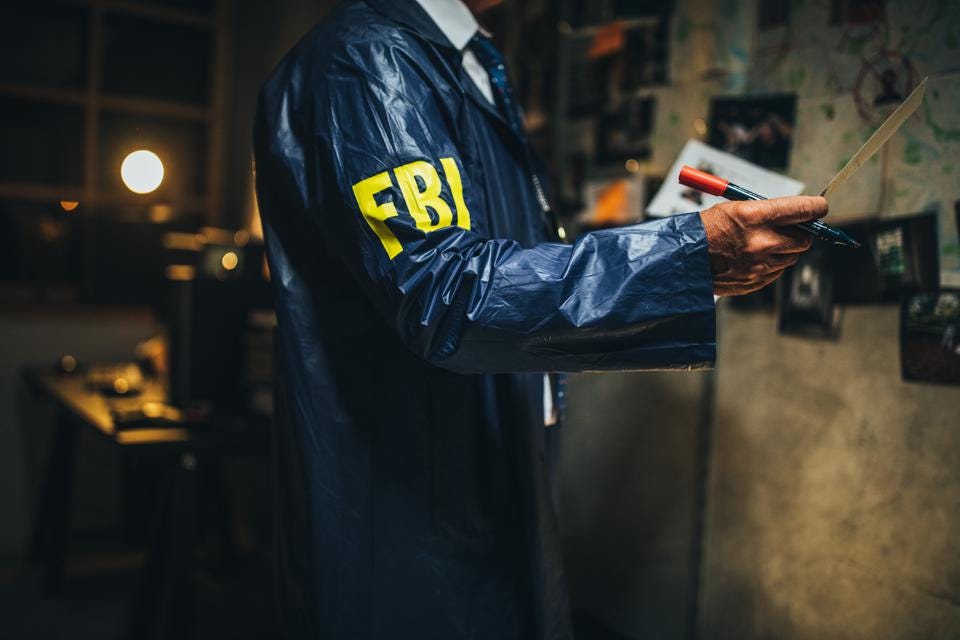Singapore in Sino-US Crossfire Over Spy Case
The island republic plots a course between superpowers

By: Toh Han Shih
International acrimony surrounding the conviction of a Singaporean accused of spying for China is complicating Singapore’s tricky balancing act in maintaining relations with both the US and China.
On July 24, Dickson Yeo Jun Wei, 39, pleaded guilty to acting as an agent for Chinese intelligence within the US and now faces up to 10 years …
Keep reading with a 7-day free trial
Subscribe to Asia Sentinel to keep reading this post and get 7 days of free access to the full post archives.
